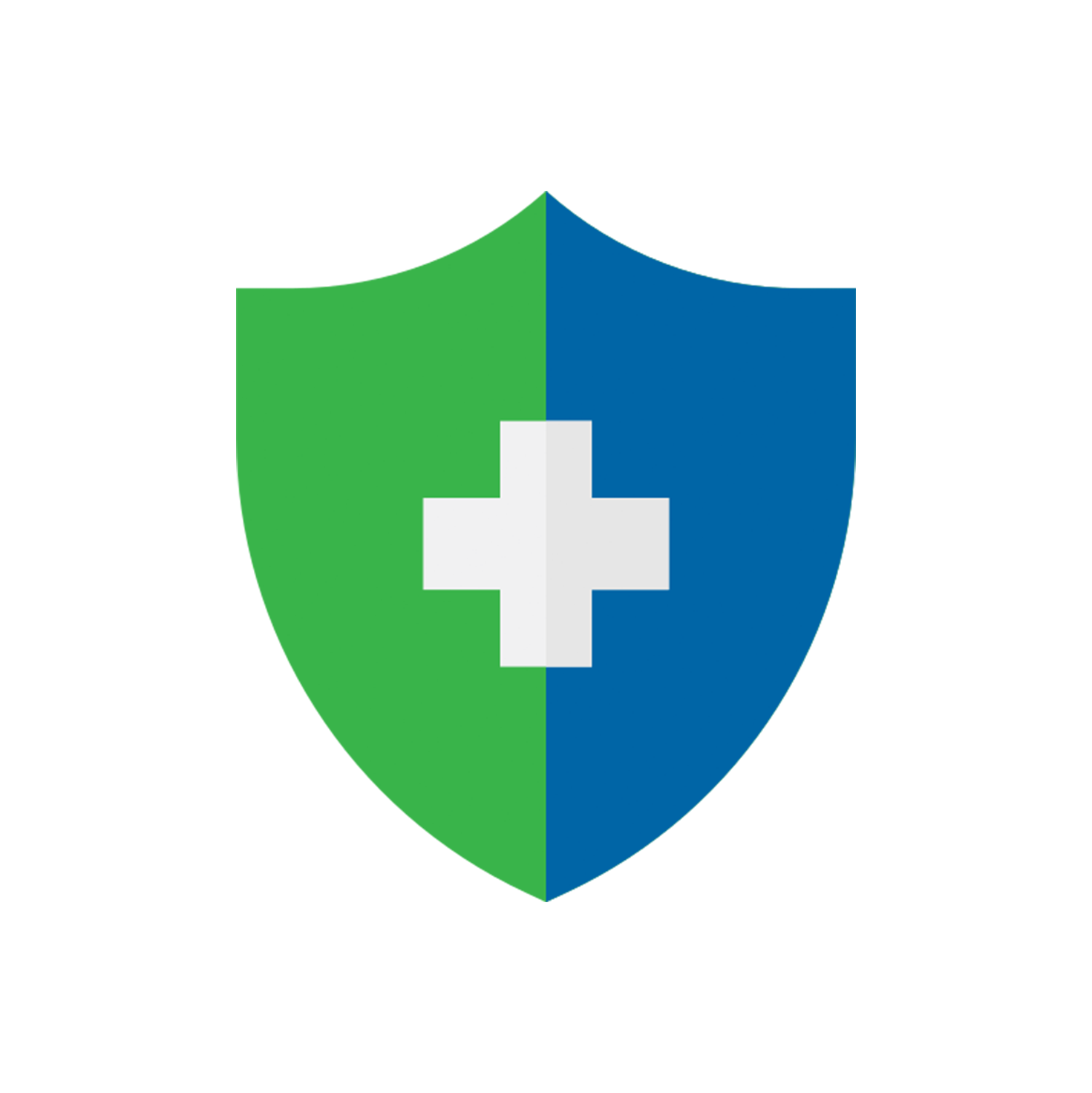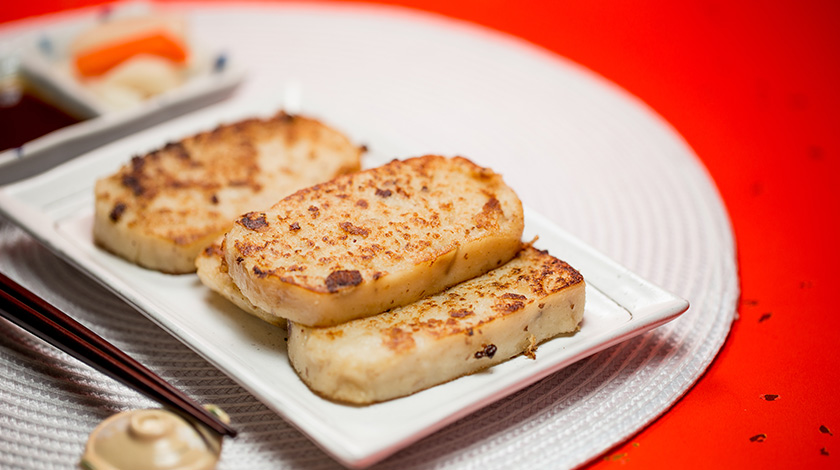With the Lunar New Year around the corner, a wide variety of festive foods is available in the market. Consumers should pay attention to the salt (sodium) contents of the food products.
The World Health Organization has published a study revealing that one in three adults worldwide suffers from hypertension, more commonly known as high blood pressure.1 Hypertension sufferers are at much higher risk for debilitating ailments such as heart disease, stroke, diabetes, and kidney disease. If you want to lower your hypertension risk, start by lowering the amount of sodium in your diet.
We're not talking about a no-sodium diet. Sodium is essential for your bodily functions — our muscles and nerves, for instance, would fail without it. But the modern diet, rife with over-seasoned foods, contains far more sodium than our body requires. Watch your consumption of snacks like crispy egg floss and cow ear cookies during Lunar New Year. They may contain up to 4.6 and 7.8 grams of sodium per 100 grams of food respectively,2 while healthy adults should consume no more than 2.4 grams of sodium (or 6 grams of salt) per day.3
To control your sodium intake, keep a careful eye on nutrition labels when you're doing grocery shopping. Food manufacturers are legally required to accurately state the sodium contents in their products, so the labels won't lie. It is best to cut down on processed meals as well as savory snacks during the festive season.
Sources
- World Health Statistics 2012 Report. The World Health Organization. 16 May 2015.
- Healthy eating tips in Lunar New Year food by the Committee on Reduction of Salt and Su Sugar in Food. The Government Information Centre. Visited January 2018.
- Salt: the facts. NHS Choices. Visited July 2015.
© Cigna Healthcare 2023
Information provided in this article is intended for health and fitness purposes only and is not intended for use in the diagnosis of disease or other conditions, or in the cure, mitigation, treatment or prevention of disease (see Terms & Conditions for details). Any health-related information found in this article is available only for your interest and should not be treated as medical advice. Users should seek any medical advice from a physician, especially before self-diagnosing any ailment or embarking on any new lifestyle or exercise regime. Any information contained in this article may not be suitable, accurate, complete or reliable. Cigna Healthcare accepts no responsibility for the content or accuracy of information contained on external websites or resources, or for the security and safety of using them. "Cigna Healthcare" and the "Tree of Life" logo are registered trademarks of Cigna Intellectual Property, Inc. in the United States and elsewhere, licensed for use. All products and services are provided by or through operating subsidiaries, and not by The Cigna Group.





